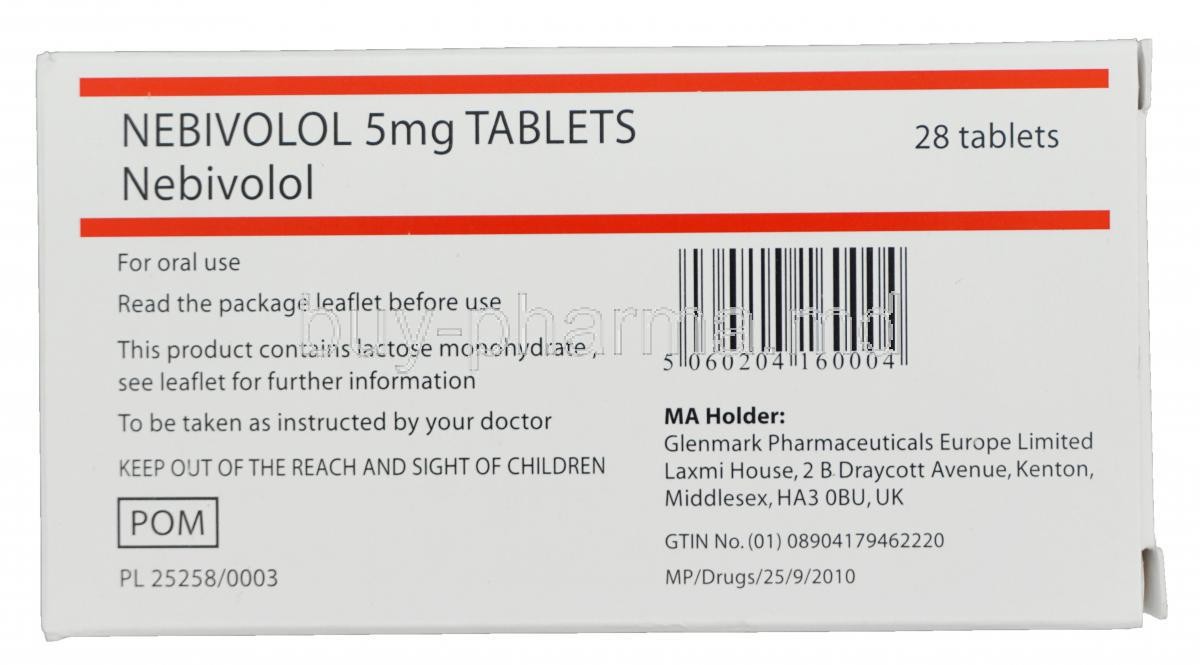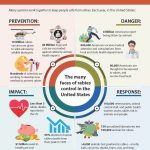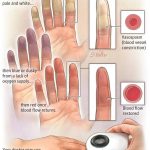
Contents
nebivolol
Nebivolol is a medication used to lower blood pressure in adults with hypertension and heart failure in adults older than 70 years. Reducing blood pressure reduces the risk for heart attacks and strokes. Nebivolol is a beta-1 selective beta blocker that lowers blood pressure by blocking beta-1 receptors in the heart muscles. Beta blockers, including nebivolol, are used as a second-line therapy for hypertension.
The autonomic nervous system and hormones regulate normal blood pressure and heart rate by controlling heart and blood vessel contraction and relaxation. Norepinephrine and epinephrine, produced by adrenal glands and nerve cells, bind to beta-1 receptors on the heart muscle and stimulate their contraction. During times of stress, more hormones are released, resulting in stronger heart muscle contractions, increased blood pressure, and heart rate.
Nebivolol blocks the effect of norepinephrine and epinephrine by binding to beta-1 receptors. This causes the heart to contract with less force, dilates arteries, and reduces vascular resistance and blood pressure. At doses up to 10 mg, nebivolol acts only on beta-1 receptors. At higher doses, it also blocks beta-2 receptors in the lungs and smooth muscles. Suddenly stopping beta blockers, including nebivolol, can cause heart attacks or sudden death.
Warnings
- Do not use nebivolol for hypertension if you have hypersensitivity to any component of the formulation or heart rhythm disorders, including severely low heart rate, sick sinus syndrome (unless you have a permanent pacemaker), or heart block greater than first degree.
QUESTION
What are the side effects of nebivolol?
Common side effects of nebivolol include headache, dizziness, fatigue, weakness, swelling of extremities, chest pain, nausea, diarrhea, abdominal pain, shortness of breath, slow heart rate, insomnia, rash, abnormal skin sensations, high cholesterol level, reduced HDL cholesterol, increased triglycerides levels, reduced platelet count, increased blood urea nitrogen (BUN), and increased uric acid.
Less common side effects of nebivolol include increased liver enzymes, increase in bilirubin, fluid in lungs, acute kidney failure, atrioventricular block, heart attack, bronchospasm, and hypersensitivity reactions including hives, allergic inflammation of blood vessels, and swelling of tissue beneath the skin and mucous membranes.
Call your doctor immediately for serious side effects:
- Fast or pounding heartbeats, fluttering in your chest, shortness of breath, and sudden dizziness;
- Severe headache, confusion, slurred speech, severe weakness, vomiting, loss of coordination, feeling unsteady;
- Severe nervous system reaction with very stiff muscles, high fever, sweating, confusion, fast or uneven heartbeats, tremors, and feeling like you might pass out; or
- Blurred vision, tunnel vision, eye pain or swelling, or seeing halos around lights.
This is not a complete list of all side effects or adverse reactions that may occur from the use of this drug. Call your doctor for medical advice about serious side effects or adverse reactions. You may also report side effects or health problems to the FDA at 1-800-FDA-1088.
What are the dosages of nebivolol?
Tablet
Adult:
Hypertension: 5 mg/day orally; may be increased every 2 weeks; not to exceed 40 mg/day
Dosing Modifications:
Creatinine clearance (CrCl) above 30-80 mL/minute: Dose adjustment not listed by the manufacturer
CrCl below 30 mL/minute: 2.5 mg/day orally initially; increased cautiously
Mild impairment (Child-Pugh A): Dose adjustment not listed by the manufacturer
Moderate Impairment (Child-Pugh Class B): 2.5 mg orally once daily; increase cautiously if initial response inadequate
Severe impairment (Child-Pugh Class C): Contraindicated
Geriatric:
Hypertension: 5 mg/day orally; may be increased every 2 weeks; not to exceed 40 mg/day
Heart Failure:
Below 70 years: Not established
Above 70 years: 1.25 mg/day orally; may be increased by 2.5 mg/day every 1 or 2 weeks; not to exceed 10 mg/day
Pediatric:
Safety and efficacy not established
Overdose:
Nebivolol overdose can lower heart rate and blood pressure, and can cause dizziness, low blood sugar, fatigue, vomiting, bronchospasm, heart block and congestive heart failure.
Overdose is treated with supportive measures until the patient stabilizes, and symptomatic therapy including atropine, IV fluids and vasopressors to increase blood pressure, digitalis glycoside and diuretics for congestive heart failure, isoproterenol infusion or pacemaker for heart block, IV glucose for hypoglycemia, and bronchodilators for bronchospasm.
What drugs interact with nebivolol?
Inform your doctor of all medications you are currently taking, who can advise you on any possible drug interactions. Never begin taking, suddenly discontinue, or change the dosage of any medication without your doctor’s recommendation.
- Nebivolol has no known severe interactions with other drugs.
- Nebivolol has serious interactions with at least 30 different drugs.
- Nebivolol has moderate interactions with at least 201 different drugs.
- Nebivolol has mild interactions with at least 29 different drugs.
The drug interactions listed above are not all of the possible interactions or adverse effects. For more information on drug interactions, visit the RxList Drug Interaction Checker.
Always tell your doctor, pharmacist, or health care provider of all prescription and over-the-counter medications you use, as well as the dosage for each, and keep a list of the information. Check with your doctor or health care provider if you have any questions about the medication.
Pregnancy and breastfeeding
- Animal reproductive studies indicate nebivolol use during pregnancy may result in pregnancy and delivery complications and fetal harm. However, untreated maternal hypertension may increase the risk of adverse maternal and fetal outcomes.
- There are no studies of nebivolol use in pregnant women. Nebivolol should only be used in pregnant women with caution if potential benefits outweigh potential risks.
- It is not known if nebivolol is excreted in breastmilk. Nursing mothers taking nebivolol should avoid breastfeeding because of the potential for serious adverse reactions in the breastfed infant, particularly bradycardia. Agents other than nebivolol are preferred for the treatment of hypertension in nursing mothers.
What else should I know about nebivolol?
- Take nebivolol as directed, regularly and continuously. If you miss a dose, continue with the next scheduled dose.
- Do not stop taking nebivolol abruptly. It must be gradually withdrawn under your physician’s supervision to prevent chest pain and/or heart attack.
- Consult with your physician if you develop breathing difficulty or signs and symptoms of worsening heart failure.
By clicking "Submit," I agree to the MedicineNet Terms and Conditions and Privacy Policy. I also agree to receive emails from MedicineNet and I understand that I may opt out of MedicineNet subscriptions at any time.
Summary
Nebivolol is a medication used to lower blood pressure in adults with hypertension and heart failure in adults older than 70 years. Common side effects include headache, dizziness, fatigue, weakness, swelling of extremities, chest pain, nausea, diarrhea, abdominal pain, shortness of breath, slow heart rate, insomnia, and others.


